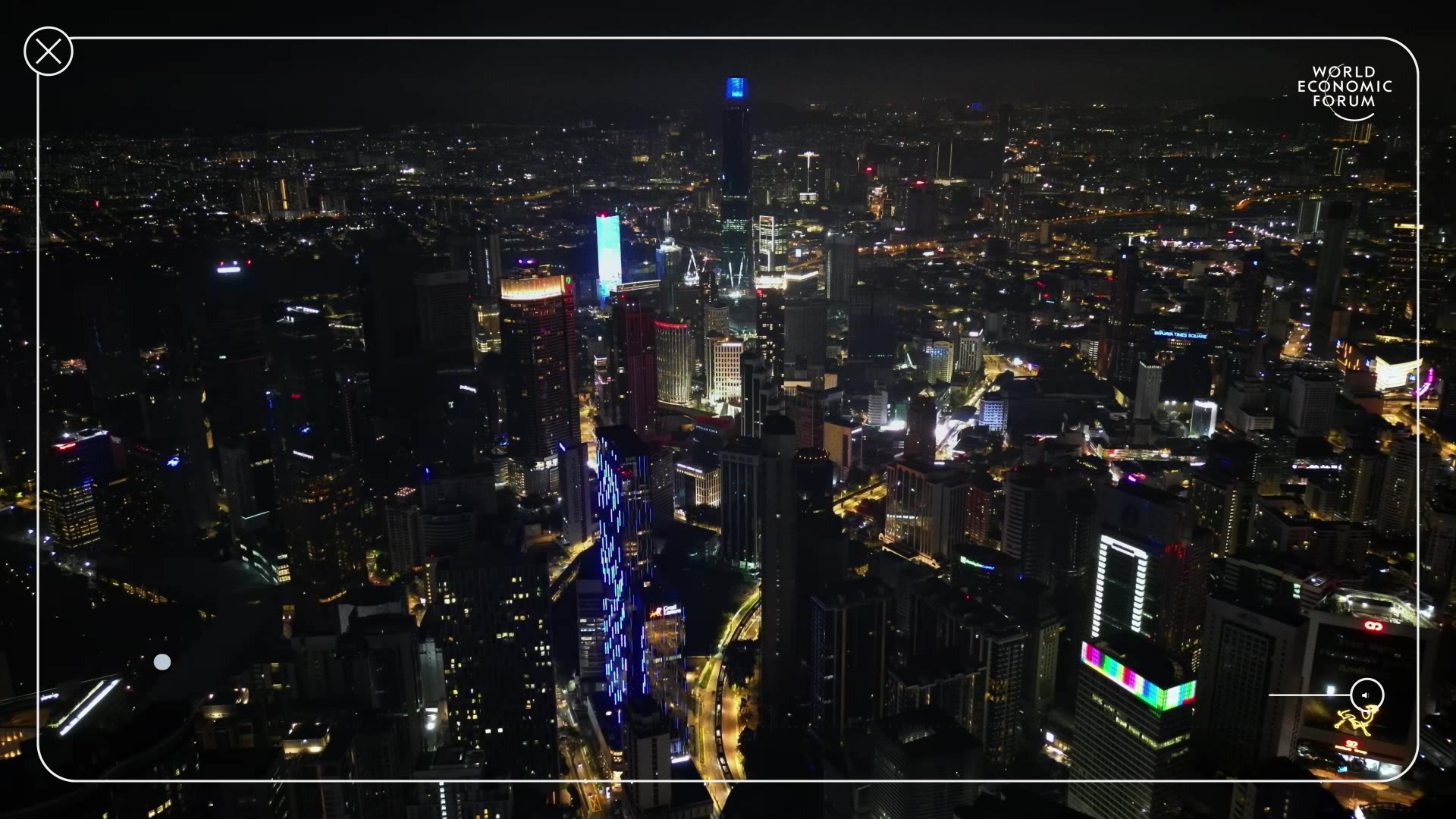This is Amsterdam's ambitious plan to go green

The Rijksmuseum in Amsterdam Image: REUTERS/Yves Herman

Get involved with our crowdsourced digital platform to deliver impact at scale
Stay up to date:
Automotive and New Mobility
Amsterdam has nearly 900,000 bicycles and almost 60% of its teenagers and adults cycle daily. But as green as it is, the Dutch capital still has some way to go. Nine of its main streets do not meet European air quality standards, the government says. So it’s planning to make all of its transport emissions-free by 2030.
The cleaner air should boost locals' expectancy by three months and reduce CO2 emissions by nearly 10%.

No-go zone for diesel and petrol
From 2022, only electric or hydrogen-powered buses and coaches will be allowed into the city centre. And the entire built-up area of Amsterdam will be emissions-free for all forms of transport by the end of that decade.
Amsterdam is already among the world’s 25 “electric vehicle cities”, which account for nearly half the world’s cumulative electric vehicle (EV) sales, according to a report by the International Council on Clean Transportation.
As well as expanding existing low-emission zones, the city is encouraging Amsterdammers to swap to EVs through car-sharing schemes and subsidies.
But while many commercial vehicles such as taxis have already gone electric, the move could present more of a challenge for private car owners who can’t afford to buy an electric one. The growth of the secondhand market for EVs would enable more people to make the change, the city says.

An infrastructure for switching
There are around 17,000 EVs in Amsterdam. That number could quadruple over the next three years, according to Vattenfall, an energy company providing the city with EV charging points.
Amsterdam expects that as many as 23,000 charging points will be needed by 2025 to support this growth.
Up to 1,000 charging points are being installed on the streets of the capital, adding to the 3,000 existing points in public parking spaces. Anyone buying an EV will also be able to apply for a charging point in their local area.

Readying the grid
The scale of the project has significant implications for the city’s electricity grid. EVs will contribute to the load on Amsterdam’s electricity network rising by up to five times during peak hours, according to Vattenfall.
To address this, a “smart charging” network has been launched. It can adjust charging speeds to energy demand and the amount of energy available at any given time.
Charging stations will provide less output in the evening, when households need more electricity, and ramp up at night when energy consumption is low. The same applies on days when, for example, a lot of extra solar power is generated.
How is the World Economic Forum supporting the development of cities and communities globally?
Where there’s a will, there’s a way
Amsterdam’s deputy mayor, Sharon Dijksma, is realistic about the challenges. "We need a lot of things at the same time,” she told CNN. “But I am optimistic because I think there is the political will to succeed and there is also a societal will to succeed."
Many other cities around the globe, including megacities like Mexico City, are putting in place measures to reduce the number of diesel and petrol cars on their streets. They will be watching Amsterdam’s experiences closely.
Don't miss any update on this topic
Create a free account and access your personalized content collection with our latest publications and analyses.
License and Republishing
World Economic Forum articles may be republished in accordance with the Creative Commons Attribution-NonCommercial-NoDerivatives 4.0 International Public License, and in accordance with our Terms of Use.
The views expressed in this article are those of the author alone and not the World Economic Forum.
Related topics:
The Agenda Weekly
A weekly update of the most important issues driving the global agenda
You can unsubscribe at any time using the link in our emails. For more details, review our privacy policy.
More on Urban TransformationSee all
Lisa Chamberlain
April 25, 2024
Victoria Masterson
April 17, 2024
Fatemeh Aminpour, Ilan Katz and Jennifer Skattebol
April 15, 2024
Victoria Masterson
April 12, 2024







